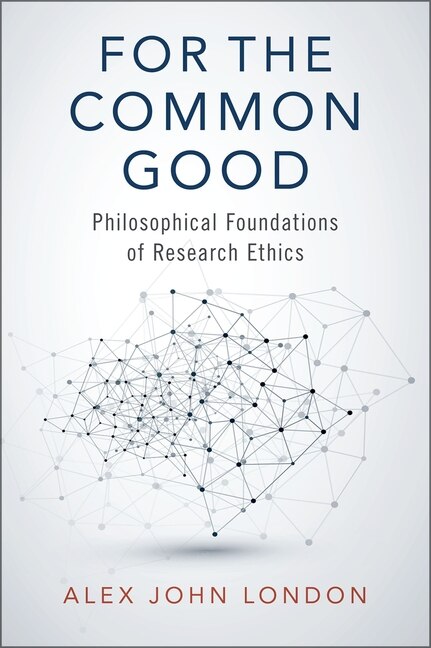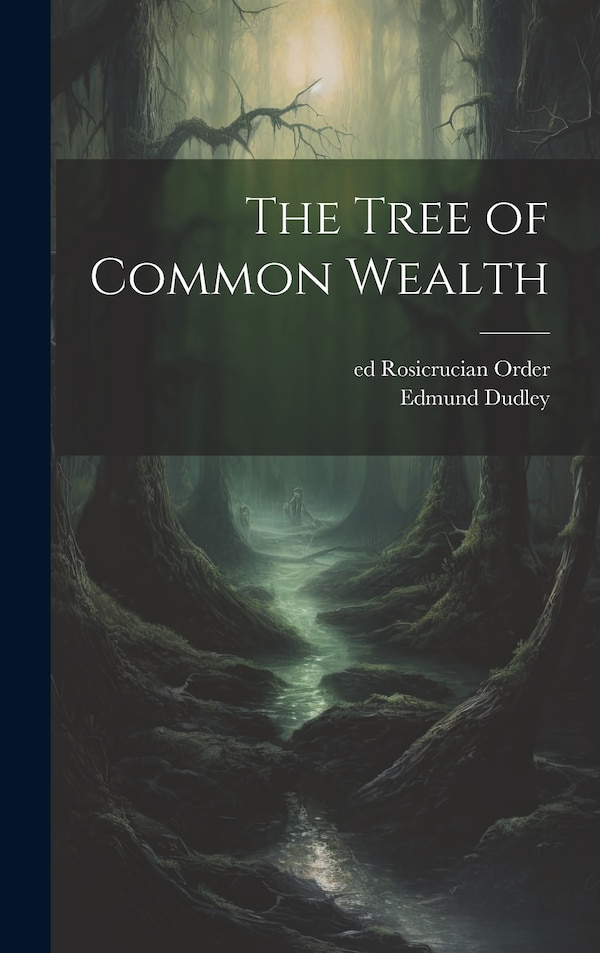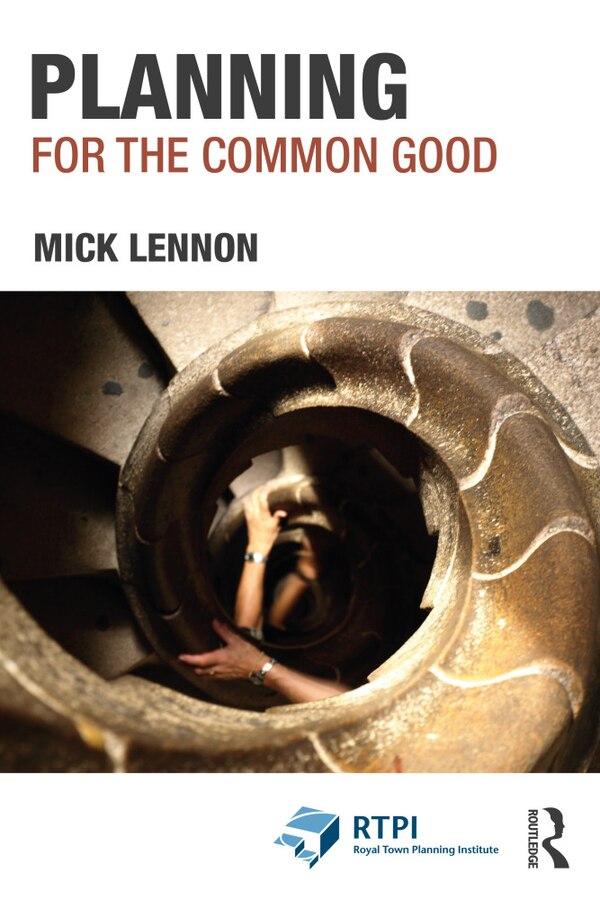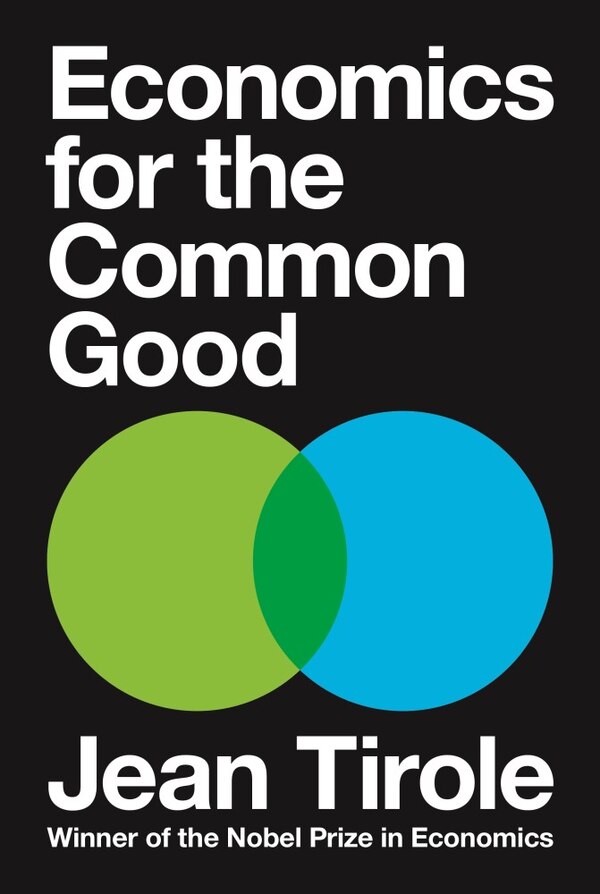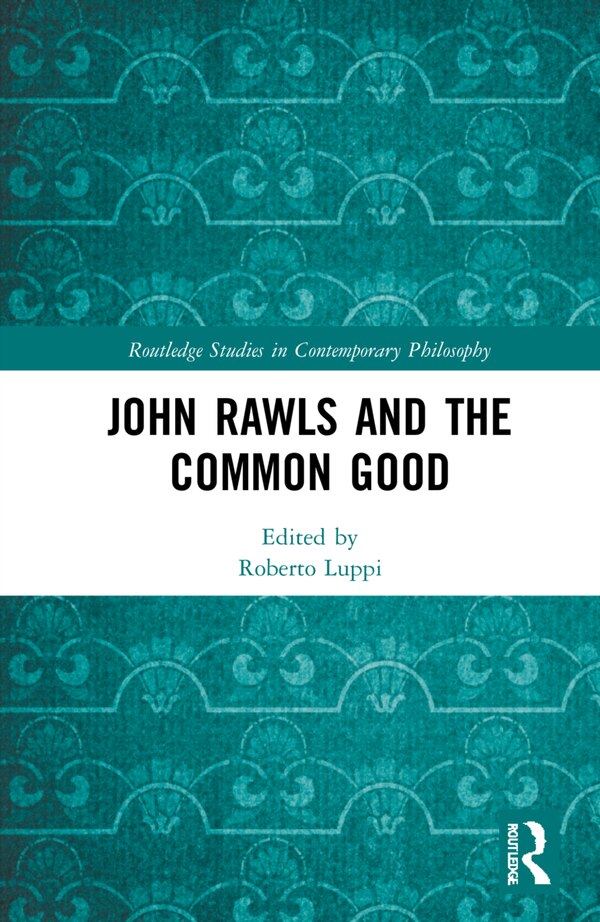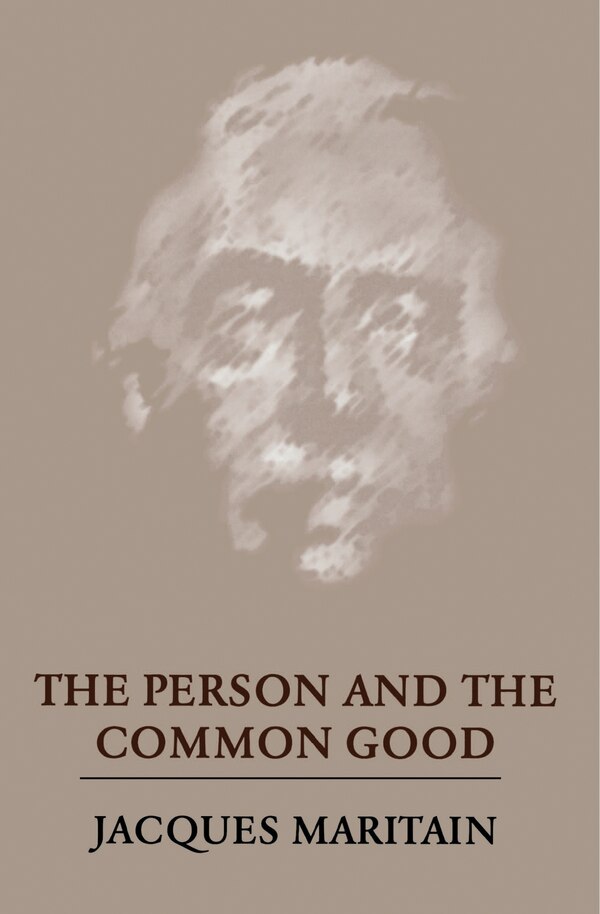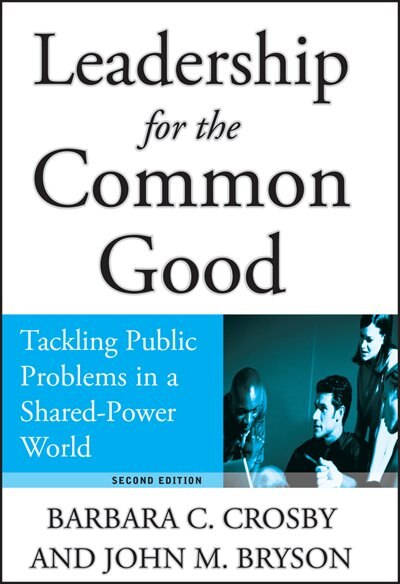
Gifting Made Simple
Give the Gift of ChoiceClick below to purchase a Bramalea City Centre eGift Card that can be used at participating retailers at Bramalea City Centre.Purchase HereHome
Common Wealth Common Good by Benedict Wagner-Rundell, Hardcover | Indigo Chapters
Coles
Loading Inventory...
Common Wealth Common Good by Benedict Wagner-Rundell, Hardcover | Indigo Chapters in Brampton, ON
From Benedict Wagner-Rundell
Current price: $144.95

Coles
Common Wealth Common Good by Benedict Wagner-Rundell, Hardcover | Indigo Chapters in Brampton, ON
From Benedict Wagner-Rundell
Current price: $144.95
Loading Inventory...
Size: 18.9 x 216 x 378
*Product information may vary - to confirm product availability, pricing, and additional information please contact Coles
Common Wealth, Common Good is a study of the political discourse of the Commonwealth of Poland-Lithuania in the late seventeenth and early eighteenth centuries. It argues that the Polish-Lithuanian political tradition was preoccupied during this period with moral concepts, in particular thatof public virtue, understood as the subordination of private interests to the common good. Polish-Lithuanian politicians and commentators analysed their politics primarily in moral terms, arguing that the Commonwealth existed for the promotion of virtue, and depended for its survival upon on theretention of virtue among rulers and citizens. They analysed the acute political dysfunction that the Commonwealth experienced from the late seventeenth century as the result of corruption in the body politic. Proposals for reform of the Commonwealth's government aimed at reversing this corruptionand restoring virtuous government in the service of the common good. Benedict Wagner-Rundell analyses the most important political treatises, including reform proposals, of the late seventeenth and early eighteenth century, to demonstrate how virtue was central to contemporaries' understanding of the Commonwealth and its situation. He also argues that a concern withpromoting virtue drove the development of local government during this period, and animated efforts for reform of the Commonwealth at the Sejm (Parliament) of 1712-13, and during the General Confederation of Tarnogrod of 1715-17, a mass uprising by the Polish-Lithuanian nobility against KingAugustus II. Placing the subject in international context, Common Wealth, Common Good argues that the Polish-Lithuanian political tradition's continuing preoccupation with virtue set it apart from republican traditions elsewhere in early-modern Europe and North America, where thinkers were beginningto consider whether self-interest could be harnessed as a positive political force. The Polish-Lithuanian tradition's failure to match such developments elsewhere in Europe arguably demonstrates its backwardness: however, its emphasis on the need for political systems to be underpinned by sharedvalues still has great relevance today. | Common Wealth Common Good by Benedict Wagner-Rundell, Hardcover | Indigo Chapters
Common Wealth, Common Good is a study of the political discourse of the Commonwealth of Poland-Lithuania in the late seventeenth and early eighteenth centuries. It argues that the Polish-Lithuanian political tradition was preoccupied during this period with moral concepts, in particular thatof public virtue, understood as the subordination of private interests to the common good. Polish-Lithuanian politicians and commentators analysed their politics primarily in moral terms, arguing that the Commonwealth existed for the promotion of virtue, and depended for its survival upon on theretention of virtue among rulers and citizens. They analysed the acute political dysfunction that the Commonwealth experienced from the late seventeenth century as the result of corruption in the body politic. Proposals for reform of the Commonwealth's government aimed at reversing this corruptionand restoring virtuous government in the service of the common good. Benedict Wagner-Rundell analyses the most important political treatises, including reform proposals, of the late seventeenth and early eighteenth century, to demonstrate how virtue was central to contemporaries' understanding of the Commonwealth and its situation. He also argues that a concern withpromoting virtue drove the development of local government during this period, and animated efforts for reform of the Commonwealth at the Sejm (Parliament) of 1712-13, and during the General Confederation of Tarnogrod of 1715-17, a mass uprising by the Polish-Lithuanian nobility against KingAugustus II. Placing the subject in international context, Common Wealth, Common Good argues that the Polish-Lithuanian political tradition's continuing preoccupation with virtue set it apart from republican traditions elsewhere in early-modern Europe and North America, where thinkers were beginningto consider whether self-interest could be harnessed as a positive political force. The Polish-Lithuanian tradition's failure to match such developments elsewhere in Europe arguably demonstrates its backwardness: however, its emphasis on the need for political systems to be underpinned by sharedvalues still has great relevance today. | Common Wealth Common Good by Benedict Wagner-Rundell, Hardcover | Indigo Chapters



